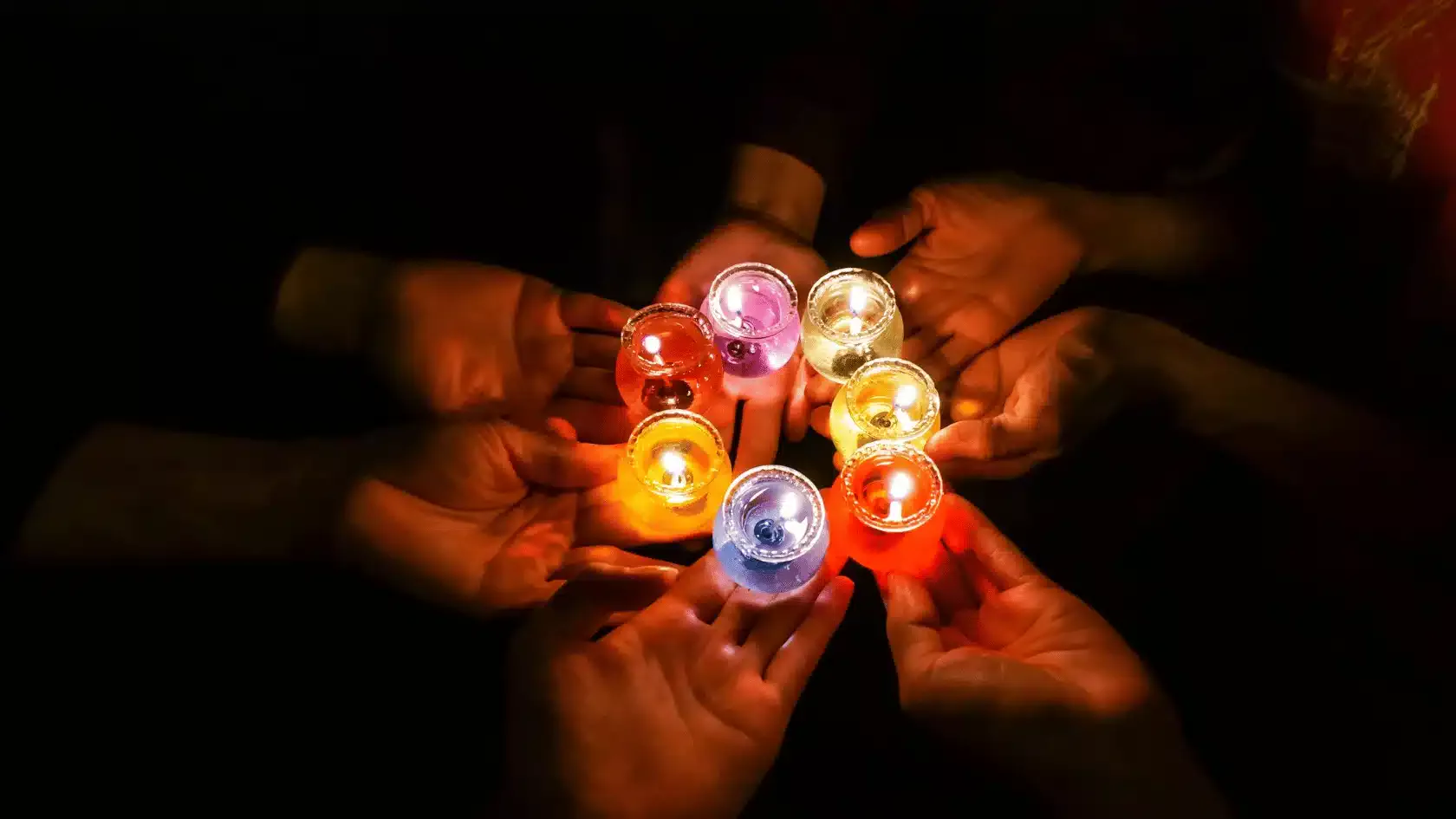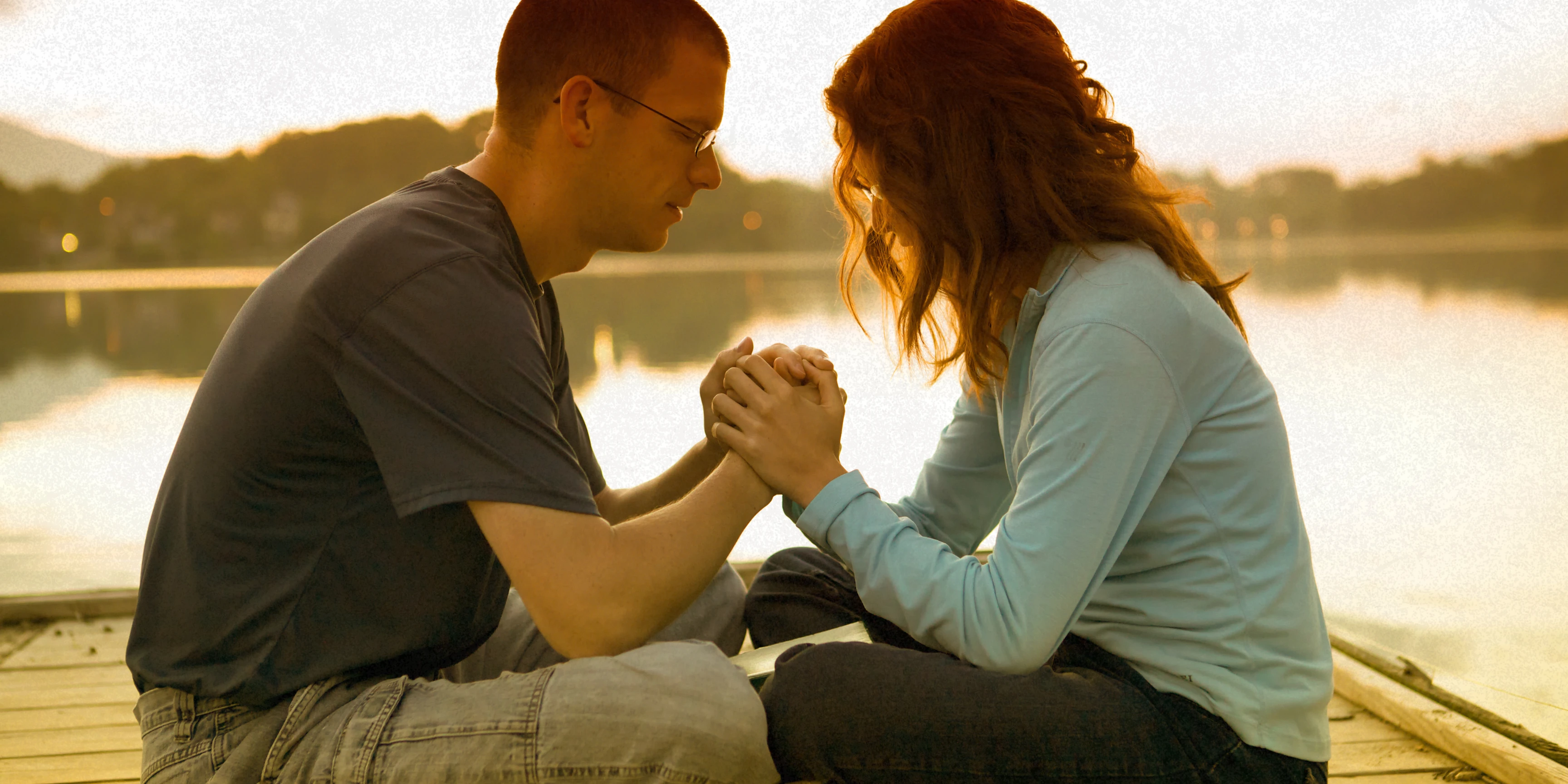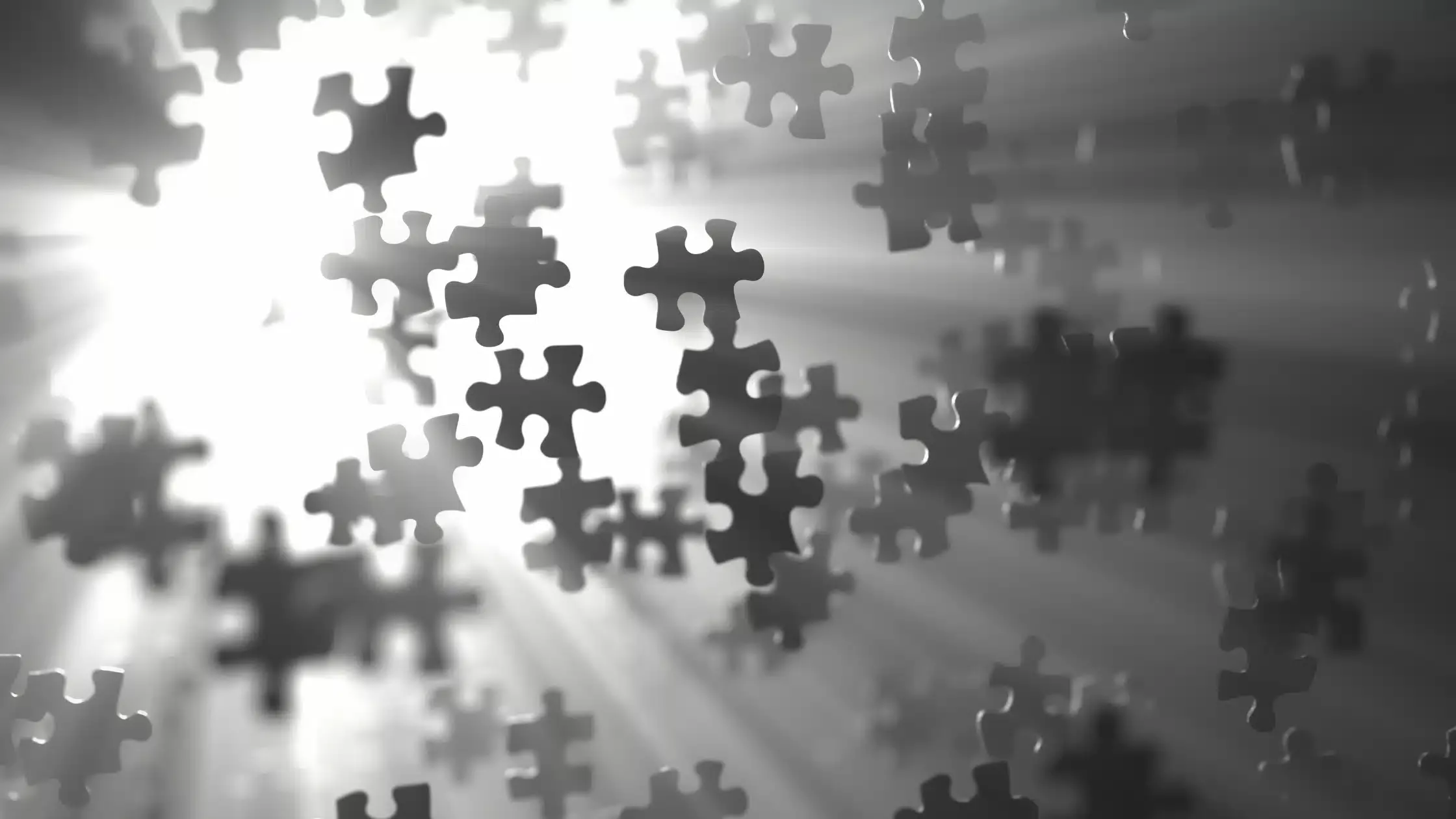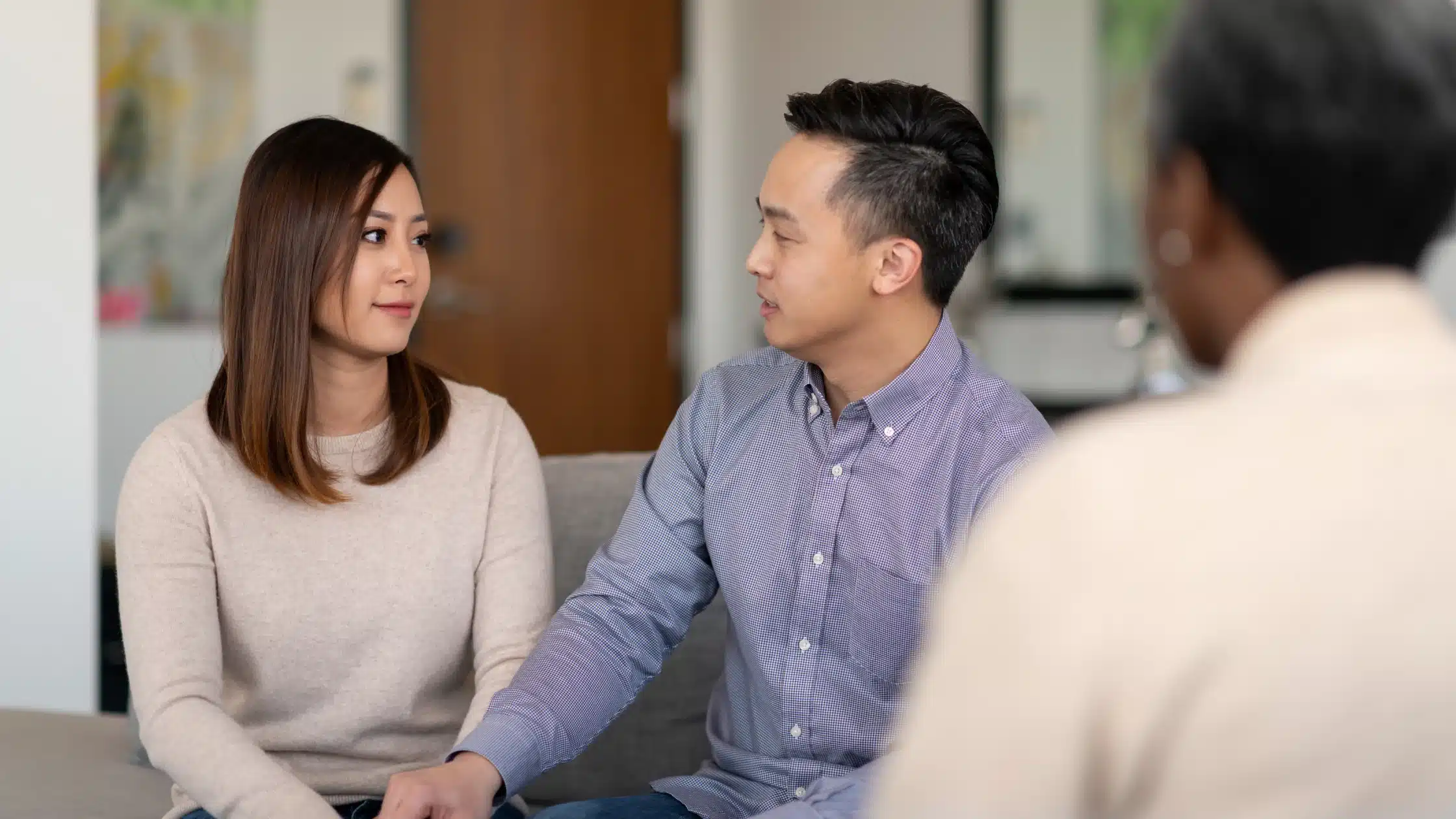Rituals of connection are ways you and your partner can intentionally turn towards one another to consistently build intimacy. These reliable, often small moments range from informal daily interactions—like saying goodbye before work—to more formal celebrations like holidays or birthdays.
While we often think of rituals within couples, they exist in family units and society at large. Bedtime routines, graduations, weddings—all are forms of rituals. For this post, we’ll focus on the importance of rituals within couples, but these principles apply to any relationship.
What do rituals look like?
Rituals vary by couples, families, cultures, and communities, but here are some common ways people nurture connection with their partners:
- Greeting or saying goodbye to each other.
- Eating meals together.
- Showing appreciation.
- Planning date nights.
- Initiating or respectfully declining sex.
- Planning and going on vacations.
- Hosting parties.
- Celebrating birthdays, holidays, and anniversaries.
- Caring for one another when sick.
- Dealing with stress or difficult days.
- Bringing up issues in the relationship.
- Getting the children ready for school.
These rituals become especially crucial during stressful or difficult times, such as conflict or grief. Over time, the goal is for these rituals to integrate naturally into your life, reducing the need to consciously think about them.
For example, societal traditions like weddings or funerals provide structure during life’s big transitions. Though they don’t eliminate stress, these traditions provide a grounding framework to navigate intense moments.
Developing your own rituals of connection
Creating meaningful rituals starts with reflection. Here are some questions to consider with your partner as you build or refine your rituals:
- What makes this ritual meaningful for you both?
- When will it happen? (e.g., specific days, after certain events)
- How often will this occur? How long will it last each time?
- Who will initiate the ritual?
- What will each person do as part of this ritual?
- What will happen next?
- How will it end?
- How can you integrate this ritual into your lives so it becomes reliable?
When rituals become dependable, they build trust in the relationship. The underlying message becomes: "You matter to me, and I want to prioritize connecting with you."
Rituals during conflict
Rituals aren’t just for daily life; they can also play a crucial role during conflict. For example, you might establish a ritual for when one or both partners become flooded, or when you need to discuss difficult topics that have caused conflict in the past.
The way a conversation starts often predicts how it will end. Setting up a ritual for conflict resolution—like using a soft startup—can help guide you towards connection, even amidst disagreement.
Responding to rituals
Remember, it’s not just about creating rituals—it’s how we respond to them. Like a bid for connection, rituals present us with opportunities to turn towards, away from, or against our partner.
Think about the rituals you already have with your partner. What’s working? What might need tweaking? Are there new rituals you want to incorporate into your daily lives to strengthen affection and trust?
Use the questions above to guide the creation of new rituals that align with your relationship’s goals.
Reflecting on past rituals
Look back at the rituals from your childhood or your family of origin. What purpose did they serve? How were they maintained? Are any of these rituals still part of your life today? Are they still serving you, or have they become outdated?
Reflecting on past rituals can help inform what you and your partner need going forward. Keep in mind that rituals take time to develop. They may require some energy upfront, but over time, they will naturally integrate into your life, enhancing your relationship, family, and community connections.



